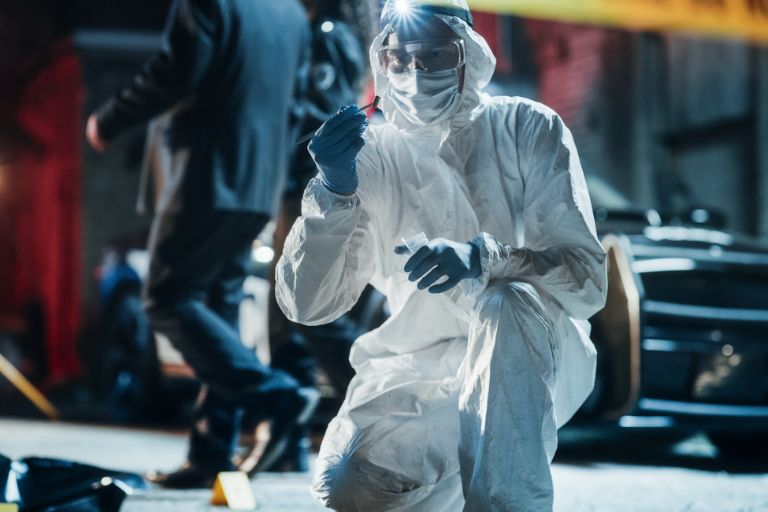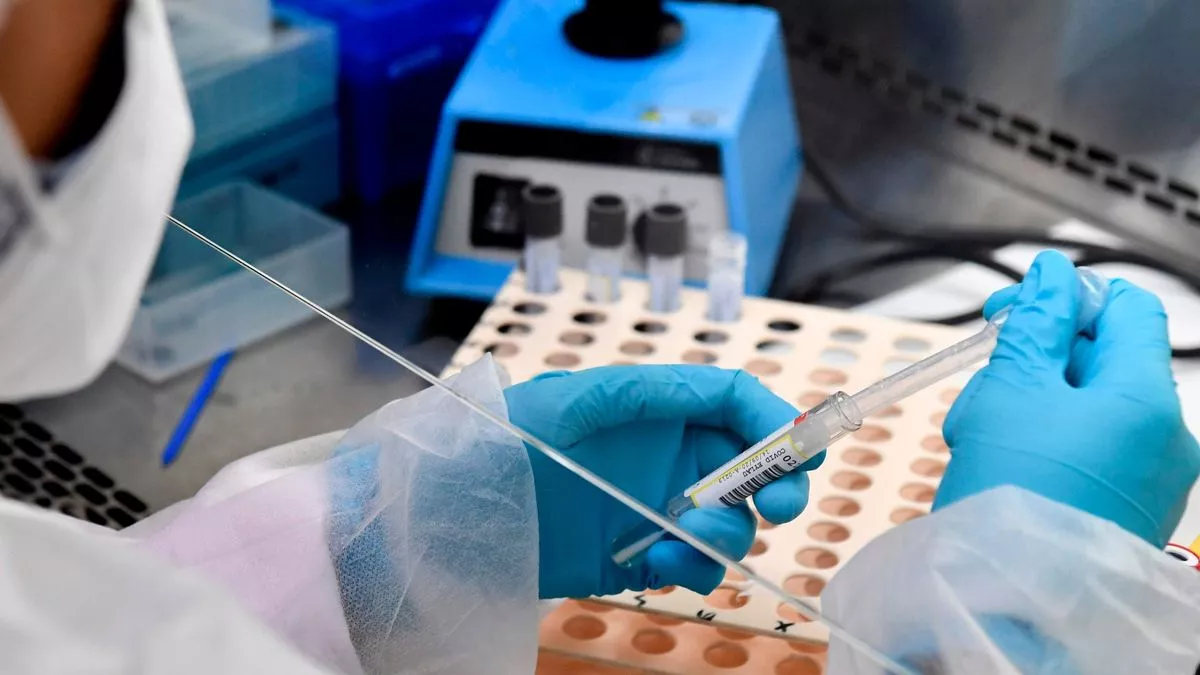The role of forensic evidence in criminal defense is truly distinctive and impactful. It serves as a pivotal tool, offering scientific analysis that can either bolster or challenge a defendant’s case. This type of evidence holds a special significance due to its ability to impartially scrutinize physical evidence, often carrying more weight than eyewitness accounts or circumstantial proofs. Here are some key elements highlighting the importance of forensic evidence in the realm of criminal defense:
- Establishing Innocence: Forensic evidence can serve as a compelling means to establish a defendant’s innocence. For example, through DNA analysis, it can definitively prove a defendant’s absence from the crime scene.

- Challenging the Prosecution: In defending a case, forensic evidence can be instrumental in challenging the validity of the prosecution’s case. This might involve questioning the reliability of certain forensic methods or disputing the interpretation of evidence presented by the prosecution.
Expert Testimony: Forensic experts often provide crucial testimony in court, elucidating complex scientific findings to judges and juries. Their expertise can significantly influence the perception of evidence and bolster the defense’s argument.
Role of Forensic Evidence in Criminal Defense
- Event Reconstruction: Various forms of forensic evidence, such as ballistics, blood spatter analysis, or fingerprint analysis, aid in reconstructing the sequence of events during a crime. This reconstruction can align with the defense’s narrative and contradict the prosecution’s version.

- Credibility Assessment: Forensic evidence plays a pivotal role in assessing the credibility of eyewitnesses or other forms of evidence. Contradictions between forensic findings and witness accounts can significantly impact the case.
- Expert Consultation: Forensic experts not only provide testimony but can also consult with the defense team, evaluating the validity of the prosecution’s evidence or proposing alternative interpretations.
Nonetheless, it’s important to recognize that while forensic evidence holds substantial weight, it is not immune to errors. Mistakes can occur during analysis, and some methods may have limitations or room for subjective interpretation. A proficient defense attorney will meticulously scrutinize the prosecution’s forensic evidence, potentially employing their own experts to challenge or validate findings to ensure a fair trial for their client.
